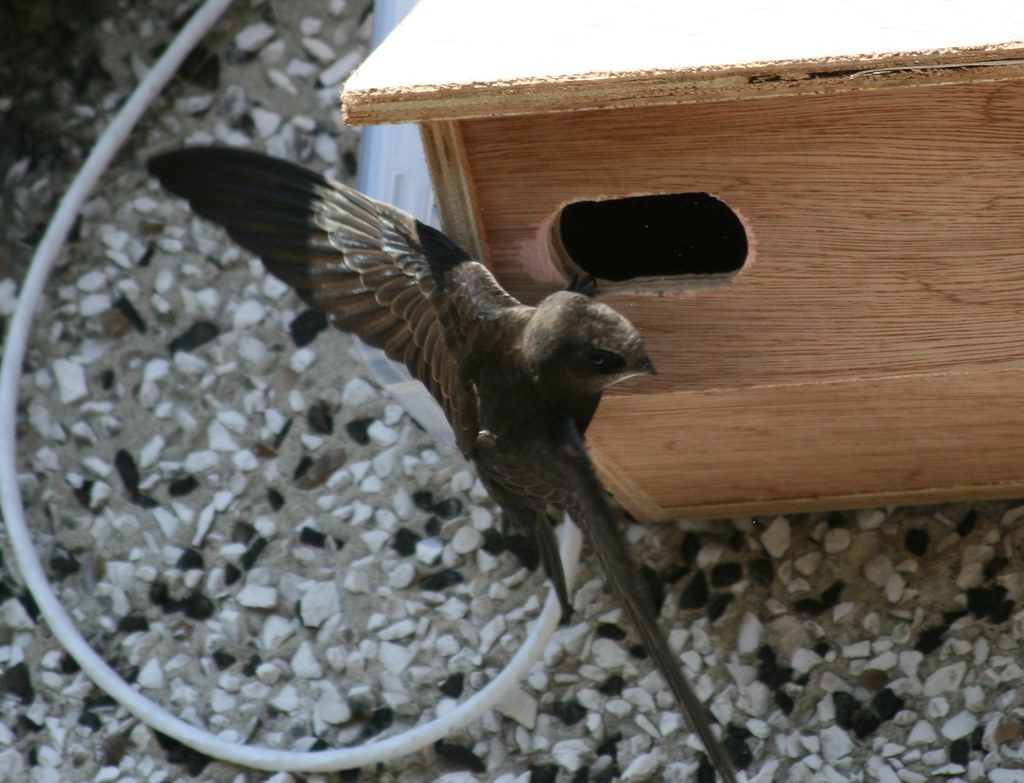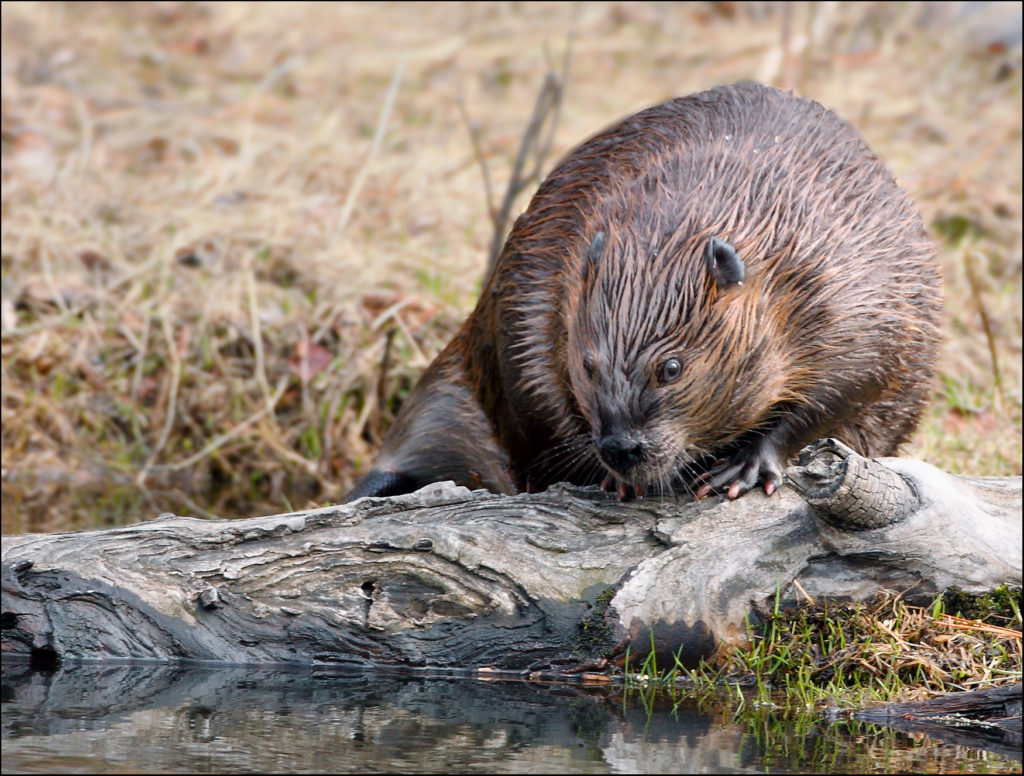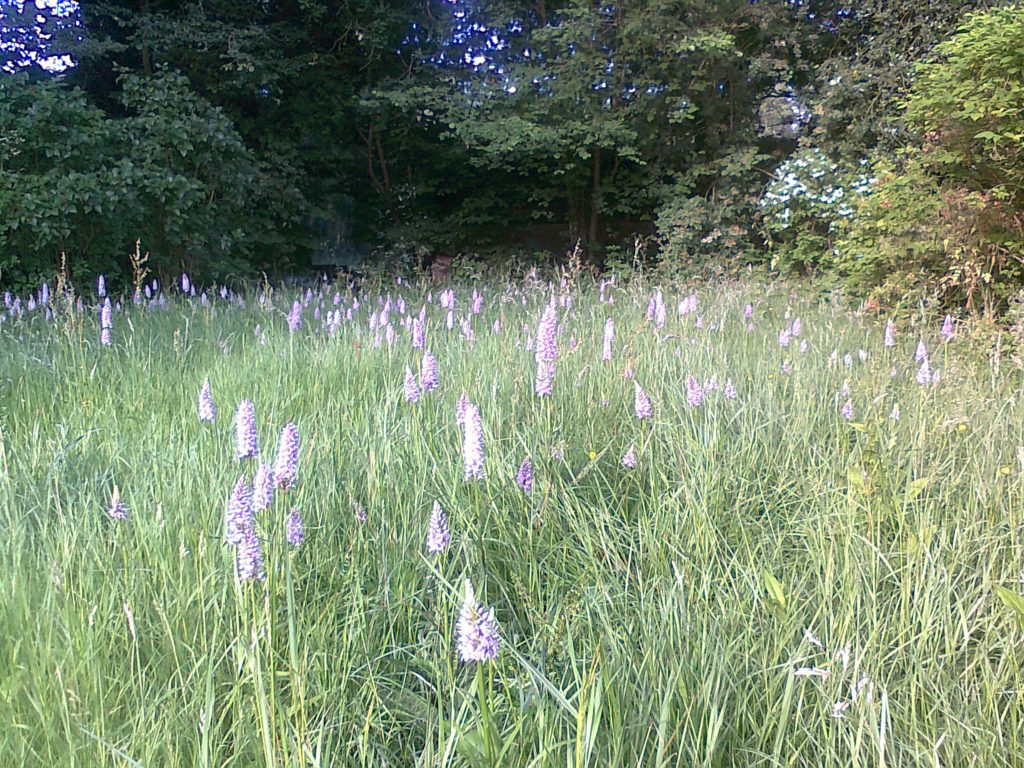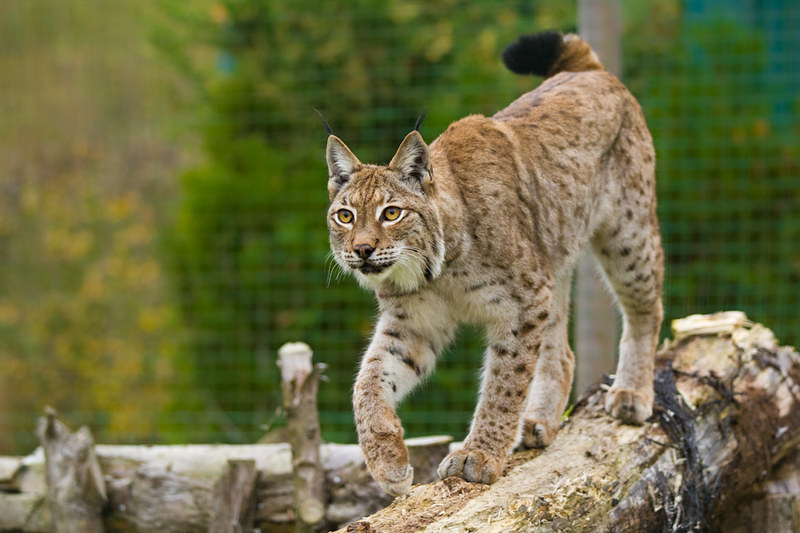The Express reports the British Isles are home to thousands of different animal species, but some are inevitably harder to find than others. While the country is mostly known for its hedgehogs, foxes, badgers and vast array of wild birds, tourists can also see sharks, whales and otters in the island’s waters. And despite almost being wiped out completely in the Victorian era, red squirrels still exist in various parts of the UK.
A map devised by the team at Lease Car UK shows spots in the UK where some of the most uncommon species can be seen first hand.




